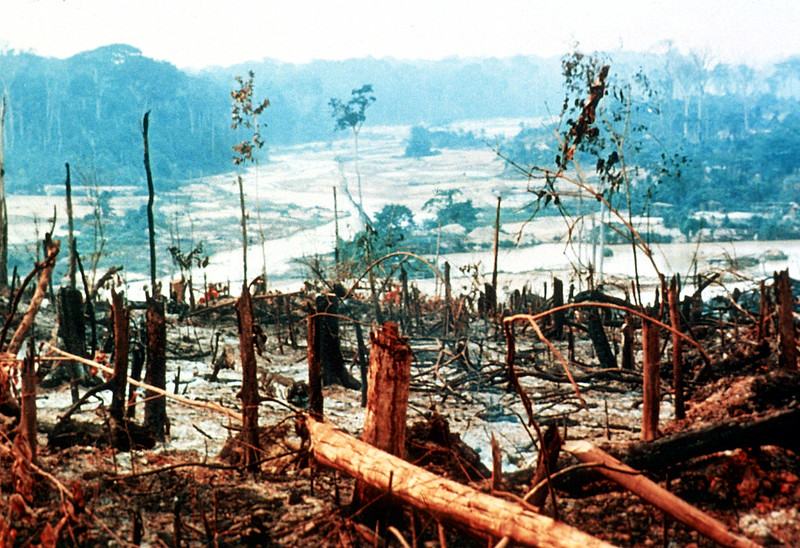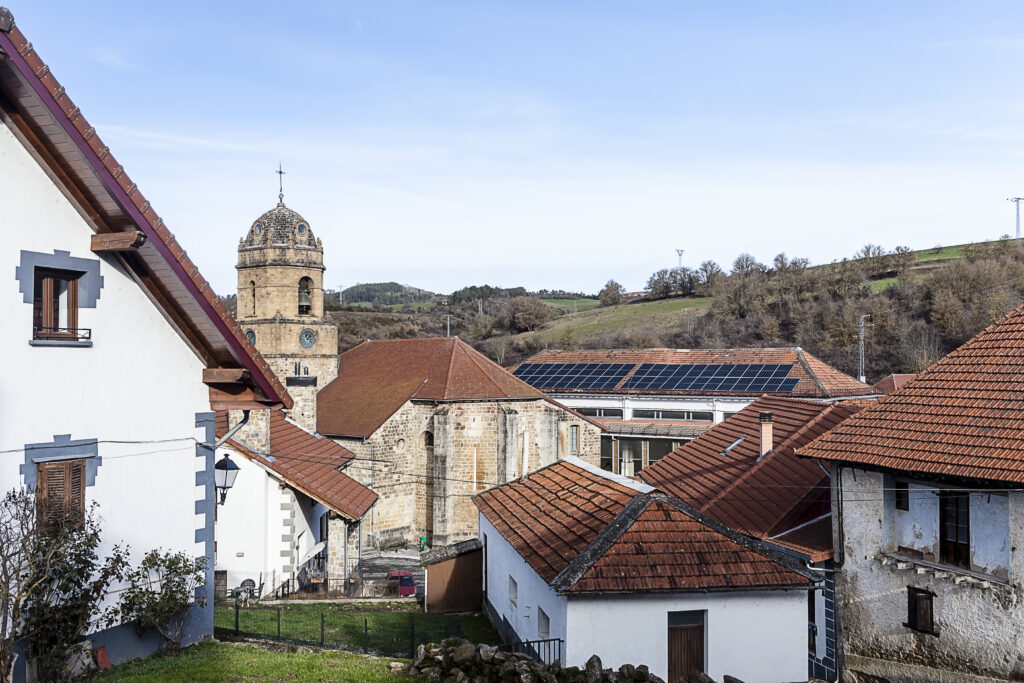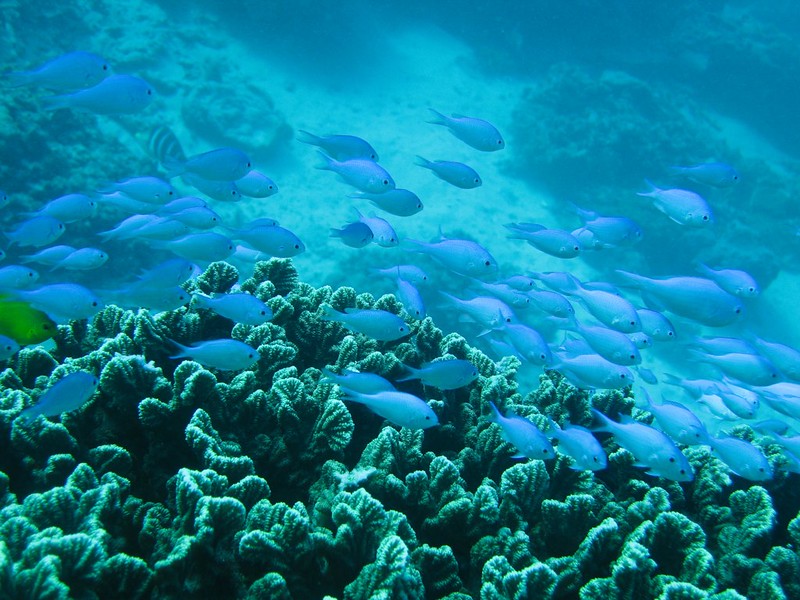A version of this article was originally published on The Wave, a newsletter on climate litigation
I spent the last month binging on money laundering TV to research this feature. But nothing prepared me to write about money laundering in relation to environmental destruction, because until now it has rarely been considered a shady subject.
That could all be about to change.
Last November, French NGO Sherpa filed a complaint with the National Prosecutor’s Office against French banks BNP Paribas, Crédit Agricole, BPCE, and Axa. It called for a criminal investigation into money laundering and concealment, arguing that the banks’ financial support for Brazil’s biggest beef companies was contributing to illegal deforestation in the Amazon.
NGOs Harvest, Repórter Brasil, Transparency International, and the Center for Climate Crime Analysis (CCCA) all support the complaint.
It is the first criminal complaint against French banks based on the offences of laundering and receiving stolen goods due to their financial support for activities responsible for deforestation, and the profit derived from it. And it’s probably the first such case in the world.
Jean-Philippe Foegle, advocacy and litigation officer on illicit financial flows for Sherpa, says he and his colleagues have been developing the complaint for more than two years.
The idea originated in what they saw as flaws in France’s 2017 duty of vigilance law, which requires all large businesses headquartered in France, and international corporations with a significant presence there, to set out clear measures to prevent human rights violations and environmental damage — even among their subsidiaries. Several climate-related lawsuits have been filed under this novel law — including against TotalEnergies, Suez/Chile, and EDF Mexico — but none have yet been ruled admissible (although an appeal on this matter was heard yesterday).
Foegle notes that the duty of vigilance law is a civil, not a criminal, procedure so it does not come with big penalties. It is hard to use because you need to identify a victim whose rights have been directly violated. And because it is meant to address corporate supply chains, it doesn’t work well for banks who finance harmful activities.
$70 Million at Stake
A lot of evidence to support Sherpa’s claim was already publicly available.
The first step was to outline how much money is at stake. Sherpa found that between 2013 and 2021, the four banks invested nearly $70 million in three major beef companies, including JBS, Marfrig, and Minerva. (Data on this was collected by Forest and Finance and a researcher from Profundo, but is not yet publicly available.)
Sherpa then put together a dossier of reports showing that these companies were involved in deforestation and had problems with their supply chains. Investigations organized by Repórter Brasil, for example, found environmental and human rights abuses in how they sourced cattle.
Collating this information can be difficult. Illegal agricultural commodities are often mixed with legal products early in the supply chain, says Anahita Yousefi, founder and executive director of Harvest, making it difficult to trace exactly what goes where.
However, some crucial information was still missing, including statistics on the proportion of proceeds that come from deforestation.
That’s where the CCCA came in. Its analysis, based on a sample of suppliers of three JBS slaughterhouses in the Brazilian state of Para between 2018 and 2021, found evidence of irregularities such as deforestation or intrusion into Indigenous lands and protected forests in over 50 percent of those suppliers. Similar analysis for suppliers of two JBS and Marfrig slaughterhouses in the state of Mato Grosso identified irregularities in about 40 percent of the suppliers examined. (This research has been submitted to French authorities so, again, is not publicly available).
JBS itself has been directly subject to climate-related litigation. Last week, New York state sued its US arm, claiming it had deceived customers about its efforts to reduce its greenhouse gas emissions. In December, Brazilian authorities in Rondônia State filed a lawsuit seeking millions of dollars in damages and fines, alleging the company sourced cattle from illegally deforested areas in the Amazon.
But this French complaint is one of a growing number of claims to take aim instead at the funders or enablers of the climate crisis.
“It was illegal because they did not implement due diligence processes that would have allowed them to be aware that the companies were actually laundering the proceeds of deforestation.”
Jean-Philippe Foegle, Sherpa advocacy and litigation officer on illicit financial flows
Some elements of CCCA’s analysis were similar to other legal cases, such as that brought by Indigenous peoples from the Brazilian and Colombian Amazon and NGOs including Sherpa against French supermarket chain Groupe Casino for allegedly selling beef products linked to deforestation. “However, we also included other aspects based on particular elements of other laws that might be relevant to this case, such as the presence of fires or whether the properties with deforestation were located on public lands,” says Ben Batros, director of legal strategy at the CCCA.
The result, Sherpa claims, is that the banks could not ignore what they were funding. “In this case, what the banks were doing was not illegal in itself,” says Foegle. “It was illegal because they did not implement due diligence processes that would have allowed them to be aware that the companies were actually laundering the proceeds of deforestation.”
Although much of this activity was already illegal under Brazilian law, the new complaint outlines alleged criminality under French law, which forbids unpermitted deforestation on public land. Yousefi says French definitions are much more restrictive than those in Brazil, but they wanted to make the case “very clean cut.”
“We wanted to be absolutely sure that the areas that we picked would for sure fall under the French law’s definition of illegal deforestation,” Yousefi says.
The banks in question did not respond to requests for comment.
In some ways this is a novel application of the law. Money laundering investigations, such as those in Cyprus or Malta, typically involve schemes where the explicit purpose is to hide the criminal origin of the funds.
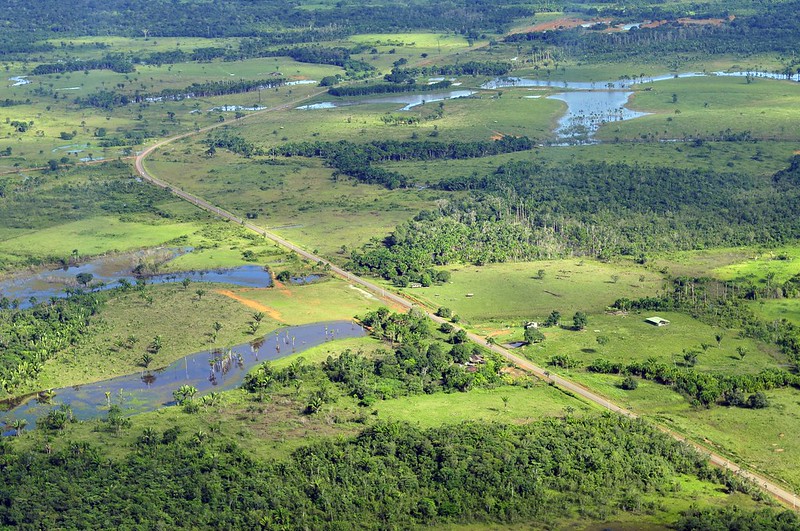
But financial institutions have also been under scrutiny for transactions and loans that are in themselves legal, but where they did not properly check where the money comes from and goes. The French prosecutor’s office is already investigating alleged aggravated money laundering, corruption, complicity, and aggravated receipt of money against four French banks and an investment fund relating to a large loan operation for the benefit of a company in connection with the operation of the Maltese gas market. This followed a request in 2020 by Sherpa and the Daphne Caruana Galizia Foundation; Galizia was a Maltese reporter who was murdered in 2017 after investigating market corruption.
The main issue with raising a deforestation claim is that there is a tacit acceptance of these kinds of activities and courts have not been forced to deal with them in this way. “When you think about money laundering or bribery, your mind doesn’t go to environmental crimes,” says Yousefi. “Environmental crime is one of the most lucrative criminal enterprises precisely because people don’t think about it.”
She adds that deforestation is often connected with other organized criminal activities, such as human and drug trafficking, illegal fishing, or illegal gold mining. “I think it squarely fits in with money laundering regulations, it’s just that this has not been the focus of our enforcement authorities.”
Ghada Waly, executive director of the UN Office on Drugs and Crime, has noted that “[c]rime and corruption are enablers of many activities that are driving forest loss, “and yet crime prevention and criminal justice have largely been absent from the discussion.”
A report published in 2021 by the Financial Action Task Force (FATF) found that environmental crimes have low risks and offer high rewards, in part due to a regulatory and legal environment that is not always consistent globally and does not fully address their financial aspects.
Last year, FATF amended its definition of money laundering to include environmental crime. This means that to comply with the FATF standards, countries must now have environmental crime as a predicate offense to money laundering — and FATF will be watching to see that this happens.
Foegle says case law in France seems particularly favorable to this case. But since definitions of money laundering are quite similar in most European countries because they are based on the same convention, it could potentially be replicated elsewhere.
“We are speaking to other NGOs in other jurisdictions,” says Yousefi. “We’re trying to share lessons learned. We hope that if this case is successful that it can open up the door for other similar cases and possibly also in different jurisdictions.”
Although there are an increasing number of laws that can apply to companies linked with deforestation, such as the EU’s possible forthcoming corporate sustainability due diligence directive (although this does exclude the financial sector), Batros points out that a lot of deforestation is already illegal, “so we don’t need to wait for new laws to be passed or to come into force.”
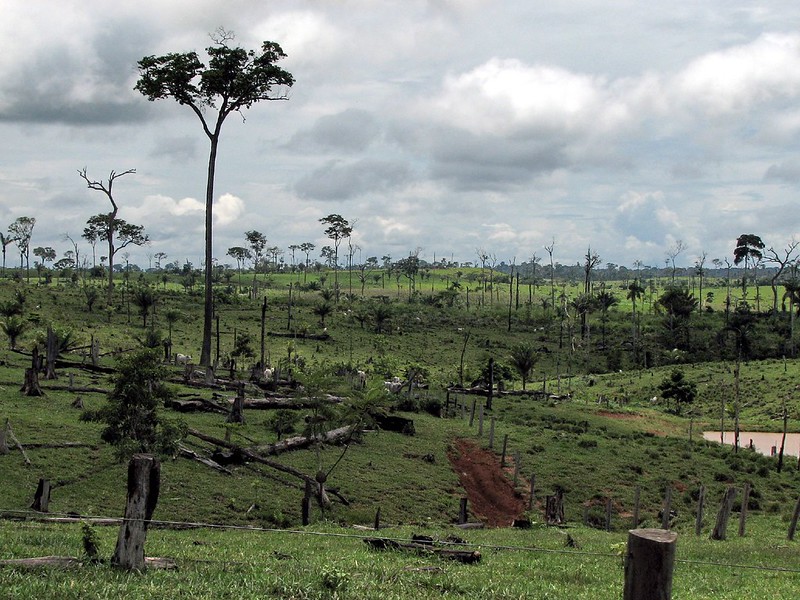
The Wave has learned that a number of other organisations are now considering applying money laundering rules to environmental destruction.
Some are in Brazil where much of the world’s illegal and most harmful deforestation is happening. Others are in European countries benefiting from the results of that deforestation and where big companies supporting it are often based. One litigious NGO said privately that there was potential for biodiversity cases to be brought under UK anti-money-laundering laws, particularly against banks whose clients profit from illegal activities. They noted that non-profits would not be able to bring such lawsuits directly, but, as in France, could notify criminal prosecutors and ask them to start an investigation.
That is now starting to happen. Last month, the London Mining Network and Global Legal Action Network filed a landmark legal action against the London Metal Exchange before the UK High Court, alleging that it is enabling trade in “dirty metals.” They argue the exchange is breaching anti-money-laundering and proceeds- of- crime legislation by trading of metal from the Grasberg Mine in West Papua, Indonesia, which has been linked to violence and environmental destruction.
The European financial sector plays a huge role in enabling these activities and these companies, says Yousefi.
Sherpa is now waiting to see if the prosecutor will accept its request and open its own investigation. If it does not respond or rejects the request, they have the option of filing a civil party complaint.
Batros says a case such as this is never going to be easy, “but it’s got an intuitive sense to it.”
Yousefi agrees: “It’s very important to start applying criminal law to this subject.”
Subscribe to our newsletter
Stay up to date with DeSmog news and alerts


